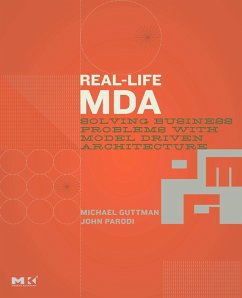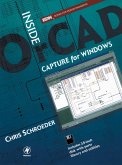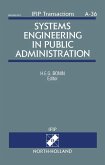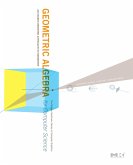Real-Life MDA is composed of six case studies of real companies using MDA that will furnish that proof. The authors' approach MDA projects by describing all aspects of the project from the viewpoint of the end-users-from the reason for choosing an MDA approach to the results and benefits. The case studies are preceded by an introductory chapter and are followed by a wrap-up chapter summarizing lessons learned.
- Written for executives, analysts, architects, and engineers positioned to influence business-oriented software development at the highest levels
- Filled with concrete examples and analyses of how MDA is relevant for organizations of various sizes
- Considers a range of uses for MDA-from business process analysis to full-scale software modeling and development
- Presents results for each case study in terms of tangible, measured benefits, including automatically generated code, defect reduction, improved visibility, and ROI
Dieser Download kann aus rechtlichen Gründen nur mit Rechnungsadresse in A, B, BG, CY, CZ, D, DK, EW, E, FIN, F, GR, HR, H, IRL, I, LT, L, LR, M, NL, PL, P, R, S, SLO, SK ausgeliefert werden.









